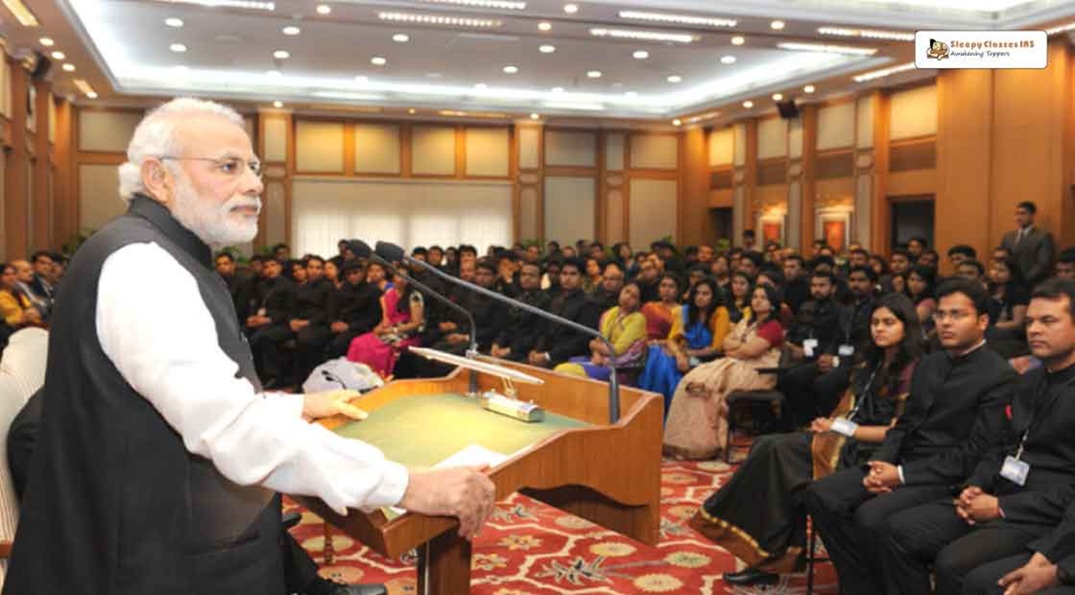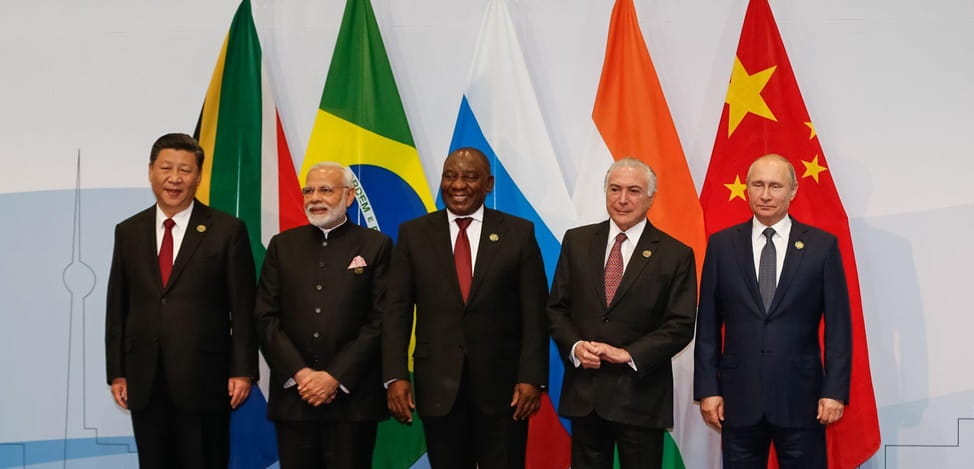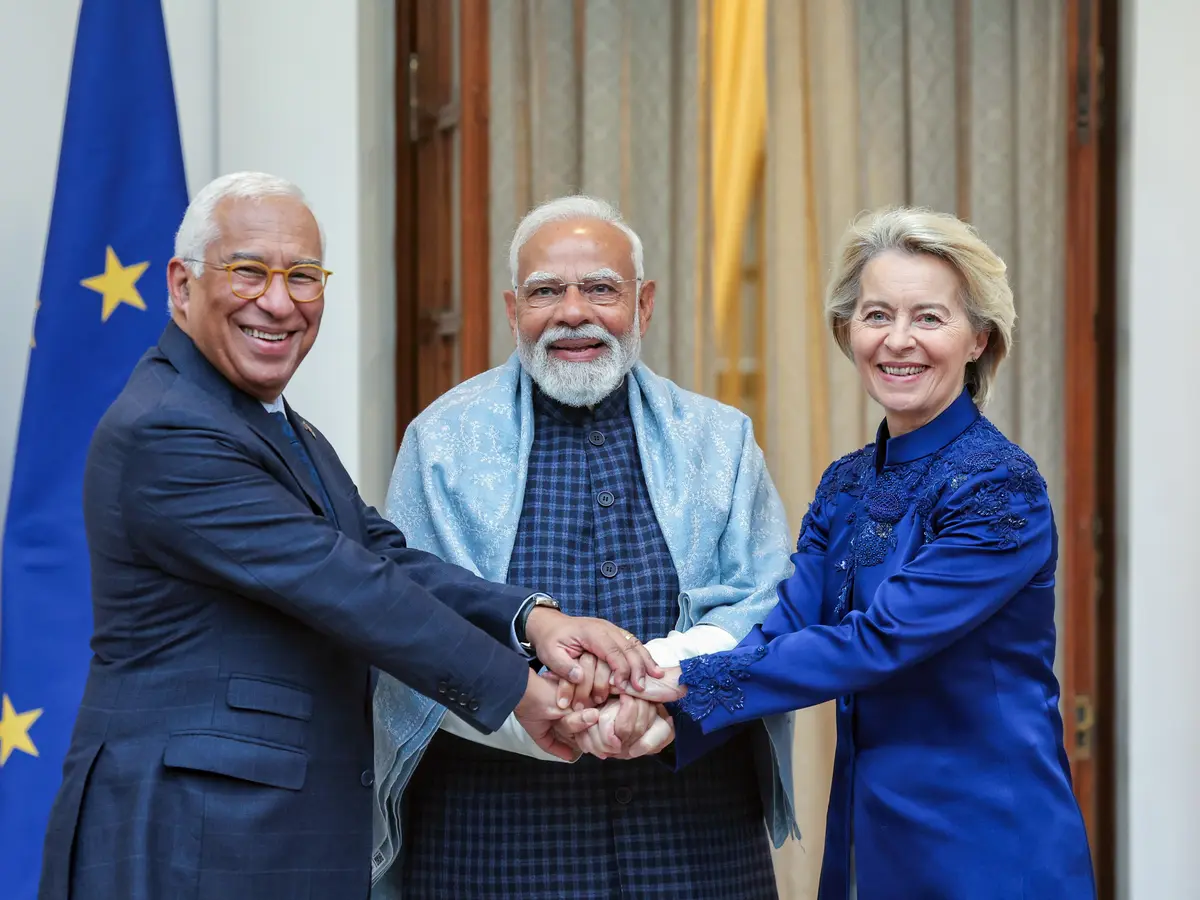Leaders embrace values; values grip leaders.
The stronger the value system, the more strongly leaders can be empowered,
And the more deeply the leaders can empower the followers.
–James MacGregor Burns1
Values in organizations around the world are eroding. In India too, media have reported a number of corporate scandals/frauds indicative of the moral failure of leadership. To stem this erosion of values, there is an urgent need for values-driven leadership in our organizations. Values and leadership are interrelated. A leader to be effective needs not only leadership skills but also needs to be driven by values. The purpose of this article is to discuss what values are, how various scholars have defined values, what early Indian value system is like and what role values play in organizations.
What are Values?
James MacGregor Burns, an American historian and Leadership Guru, defines values as principles, standards or motivations that help us make judgments and choices.2 Values for Gordon Allport, an American psychologist, are ‘beliefs upon which a person acts by preference.’3 Geert Hofstede, who studied more than 1,16,000 IBM employees in 40 countries for their work-related values, describes them as ‘broad tendencies to prefer certain states of affairs over others.’4
Values are an intrinsic part of our feelings and act as the prime motivating force behind our thoughts, emotions, behaviours, and actions. James Champy in his book Reengineering Management: The Mandate for New Leadership simply states values as the ‘connection between what we feel and what we do.’5 Prof. S.K. Chakraborty, the founder-convener of Management Centre for Human Values at Indian Institute of Management Calcutta, Kolkata, explains values in his book Wisdom Leadership: Dialogues and Reflections as ‘deeply ingrained emotions or feelings or dispositions which impel and direct the use of our intellect and reason for deciding our ends, and the means to be used to attain them.’6 Milton Rokeach in his seminal work The Nature of Human Values expresses values as ‘an enduring belief that a specific mode of conduct or end-state of existence is personally or socially preferable to an opposite or converse mode of conduct or end-state of existence’ and a value system as ‘an enduring organization of beliefs concerning preferable modes of conduct or end-state of existence along a continuum of relative importance.’7 Relatively stable and enduring, values influence our attitudes, behaviours, perceptions and decisions.8 Azim Premji, the Chairman of Wipro Limited, states in Abad Ahmad and O.P. Chopra’s book Passion to Win: How Winning Companies Develop and Sustain Competitive Edge:
Values not only help in achieving success but also make success enduring and lasting…They provide internal discipline and help weather storms and serve as anchors in a sea of turbulence of changes… Values transmit trust. Trust is not only at the heart of leadership but forms the essence of relationship.9
Jack Welch, the former Chairman and CEO of General Electric, describes values as ‘guidelines for behaviour’.10
Indian Value System
In the early Indian value system, there are two types of values called “Sanatana” and “Yuga”. Santana represents the ancient; the imperishable and everlasting whereas Yuga represents the current times and age. Sanatana comprises core or eternal values called Sruti, which has been passed down, by word of mouth, from generation to generation whereas Yuga comprises various laws and regulations called Smriti, which are suited for people in different countries, different ages, times, or generations and different circumstances or Desa, Kala, Vartamana respectively. Vedas and Upanishads are considered an authentic source of Srutis whereas the Manu Smriti and the Yajnavalkya Smriti are the examples of Smritis. In case of a conflict between the Sruti and the Smriti, Sruti always prevails.11,12 Respect for all, trust and cooperation, self-discipline/restraint, containment of greed, creativity, and quality are some of the values deeply rooted in the Indian culture for righteous conduct.13
Role of Values in Organizations
Values act as antecedents of leadership behaviour, using which a leader influences followers’ attitudes and behaviours having an impact on organizational performance. Values operate at two levels, personal and organizational. Personal values play an important role in the working of an organization as they influence perceptions of situations and problems, decisions on solutions to those problems, interpersonal relationships, perception of individual and organizational success, and acceptance of organizational pressures and goals.14Leader’s personal values also influence his/her ethical behaviour. For example, positive personal values like respect and trust encourage respectful and trustworthy behaviour and help build relationships whereas negative ones like greed, anger, envy lead to unethical behaviour and affect relationships adversely.15 Besides, the values of those in higher leadership positions have an important bearing on the organizational work climate.16
Organizational values are the shared values that shape an organization’s culture and decide the acceptable standards or norms of behaviour for the conduct of business. Values, when widely shared by the members of an organization, also shape vision, mission, goals, policies, practices, work climate and style of management and thus become the core competency of the organization. The Tata group of companies, for example, follow Integrity, Responsibility, Excellence, Pioneering, and Unity as their core values17 and when these values are upheld by everyone, ethical behaviour or conduct for which Tata are well known is a natural outcome. Values also provide a competitive advantage or edge to an organization as they cannot be replicated by other organizations.
Conclusion
We understand that values play a critical role in organizations. Values are always active behind our decisions and motivations and when we uphold them, they are visible in our behaviours and actions. Lastly, what Kiran Karnik, the former President of NASSCOM, the apex body of the Information Technology (IT) related industry in India, said in his foreword to the book, The Satyam Saga, sums up the significance of values,
“…it is important to recognize that the key underlying factors which ultimately ensure good governance are values and ethics. Without these, any system is potentially in danger of breach; with these, even a weak system can be ‘secure’18 “
Title image courtesy: https://futurecentre.eu/
Disclaimer: The views and opinions expressed by the author do not necessarily reflect the views of the Government of India and Defence Research and Studies
References:
1,2 Burns, J. M. (2003). Leaders who changed the world. New Delhi: Penguin Books India Pvt Ltd.
3 Allport, G. W. (1961). Pattern and growth in personality. New York: Holt, Reinhart & Winston.
4 Hofstede, G. (1980). Culture’s consequences: International differences in work-related values. Beverly Hills, CA: Sage.
5 Champy, J. (1995). Reengineering management: The mandate for new leadership. London, U.K.: HarperCollins Publishers.
6,15 Chakraborty, S. K. (1999). Wisdom leadership: Dialogues and reflections. New Delhi: Wheeler Publishing.
7,8 Rokeach, M. (1973). The nature of human values. New York: The Free Press.
9 Ahmad, A., & Chopra, O. P. (2004). Passion to win: How winning companies develop and sustain a competitive edge. New Delhi: Excel Books Private Limited.
10 Welch, J., & Welch, S. (2005). Winning. Noida, Uttar Pradesh: HarperCollins Publishers.
11 Balasubramanian, N. (2015). The Bhishma way: Ancient Dharma for modern business and politics. Gurgaon, Haryana: Random House India.
12 Ranganathananda, S. (2001). Universal message of the Bhagavad Gita (Vol. III). Kolkata: Advaita Asrama.
13 Chakraborty, S. K. (1991). Management by values: Towards cultural congruence. New Delhi: Oxford University Press.
14 England, G.W., & Lee, R. (1974). The relationship between managerial values and managerial success in the United States, Japan, India, and Australia. Journal of Applied Psychology, 59(4), 411-419.
16 Posner, B. J., & Schmidt, W. H. (1992). Values and the American manager: An update updated. California Management Review, 34(3), 80-94.
17 Tata values and purpose. Retrieved September 30, 2020, from https://www.tata.com/about-us/tata-values-purpose#:~:text=Values%20%26%20Purpose,Excellence%2C%20Pioneering%2C%20and%20Unity.
18 Bhandari, B., Chintala, P. R., Gombar, V., Jishnu, L., Majumdar, S., & Pandey, A. (2009). The Satyam saga. New Delhi: Business Standard Books.








